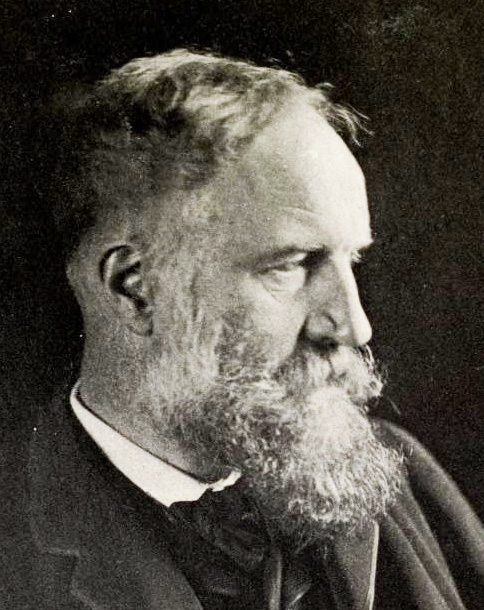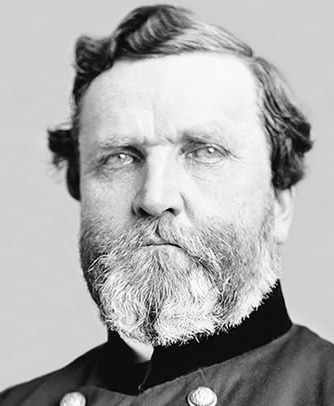Approaching History
BiasIntentional bias, the effort of a person or group to impose their own preference on the past, is bad. But it is also obvious, and it does not need analysis here. The problem for methodology is unconscious bias: the importing of assumptions and expectations, or the asking of one question rather than another, by someone who is trying to act in good faith with the past.
The ideal investigator is someone who wants to find the answer, but does not care what the answer is. Curious but not committed. As Hamerton said in 1873, on the question "Which of the Moral Virtues Was Most Essential to the Intellectual Life,"
I think there cannot be a doubt that the most essential virtue is disinterestedness (p63)
This may mean that, for some questions in particular, the best historian is someone outside the culture altogether, not antagonistic to that culture, but also not looking to it for personal fulfillment or career prospects. Besides personal preferences, one also tends to soak up, and unconsciously exhibit, the preferences of the age in which one lives. One is the child of one's surroundings. Étienne Trocmé noted this rather beautifully on the Acknowledgements page of his book The Childhood of Christianity:
The wisdom which comes with age allows an author to perceive that he has not made himself, but is the spokesman of his time and place. So it is to Strasbourg, its venerable university, and the Faculty of Protestant Theology which was its initial nucleus, that I want first to express my thanks for the freedom to research and opportunities to write which they have given me now for almost half a century. It is there that this short book has matured, little by little.
As Trocmé notes, the mere passage of time, the perspective conferred by living into a different age, can reveal to one's later self the earlier self, and its conditioning, out of which the later self grew. Mere practice, and an awareness of the dangers, will also achieve much. Here are some danger signals to be alert for:
- If you like what you see, you may be in trouble. Everybody likes what is near them, and a likable piece of "the past" may have been crafted precisely to appeal to our times. The further back we go, the stranger things should be.
- If your solution is relevant, you may be in trouble. Relevance is a function of the age in which we live, not the age we are trying to study. Situations do recur, but if something from the past offers itself as ready for use in the present, it may need a second look.
- If your work is publishable, you may be in trouble. One's own bias one can hope to amend, but the bias of one's audience is more insidious. The wish to be liked is the most persistent of all wishes, and the hope to be useful is the last hope to be gotten rid of.
The radical cure for extraneous desires has been long practiced in East Asia. It is to get rid of all desires, period. Among the devices for doing so are breath control and fasting. They work. The danger is that, along with the interfering desires, there may also vanish the primary desire to know what happened in the past. But short of that point of obliteration, physical calmness provides a good context and support for personal calmness, for mental equilibrium. We recommend it.
And what does that quality look like in practice? When asked if he did not resent some official slight, the 19th century American general George Thomas answered, "General, I have spent many years schooling myself not to feel." If a man of violence can be that detached from the passions that warp judgement, dare a sedentary person do less?
It may be objected that not to feel is not to be human at all. The Jwangdz deals with that:
- Hweidz said to Jwangdz, Can a man really be without feelings?
- Jwangdz said, He can.
- Hweidz said, A man who has no feelings: how can you call him a man at all?
- Jwangdz said, The Way gave him face, Heaven gave him form; why not call him a man?
- Hweidz said, But given that he is a man, how can he be without feelings?
- Jwangdz said, That's not what I mean by feelings. When I talk about having no feelings, I mean that a man doesn't let his likes and dislikes get inside and do damage. He just lets things be what they are, and doesn't try to nudge life along in any particular direction. (Jwangdz 5:6)
Your feelings are fine. Just keep them to yourself.
17 Mar 2006 / Contact The Project / Exit to Outline Index Page

